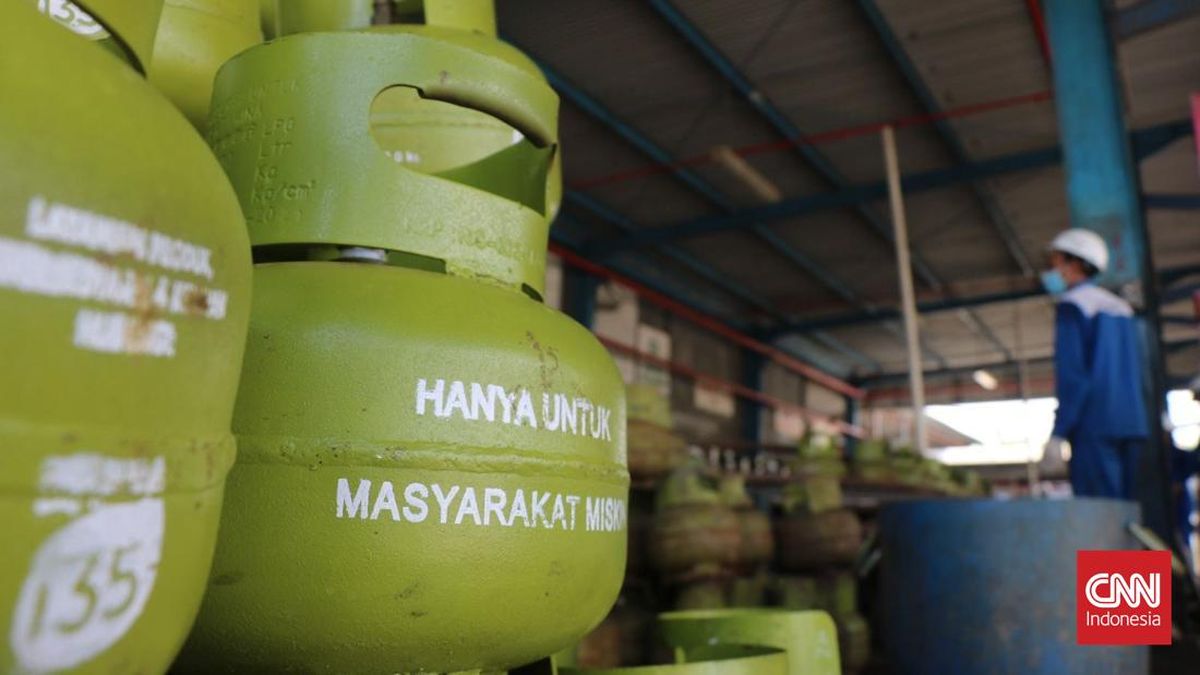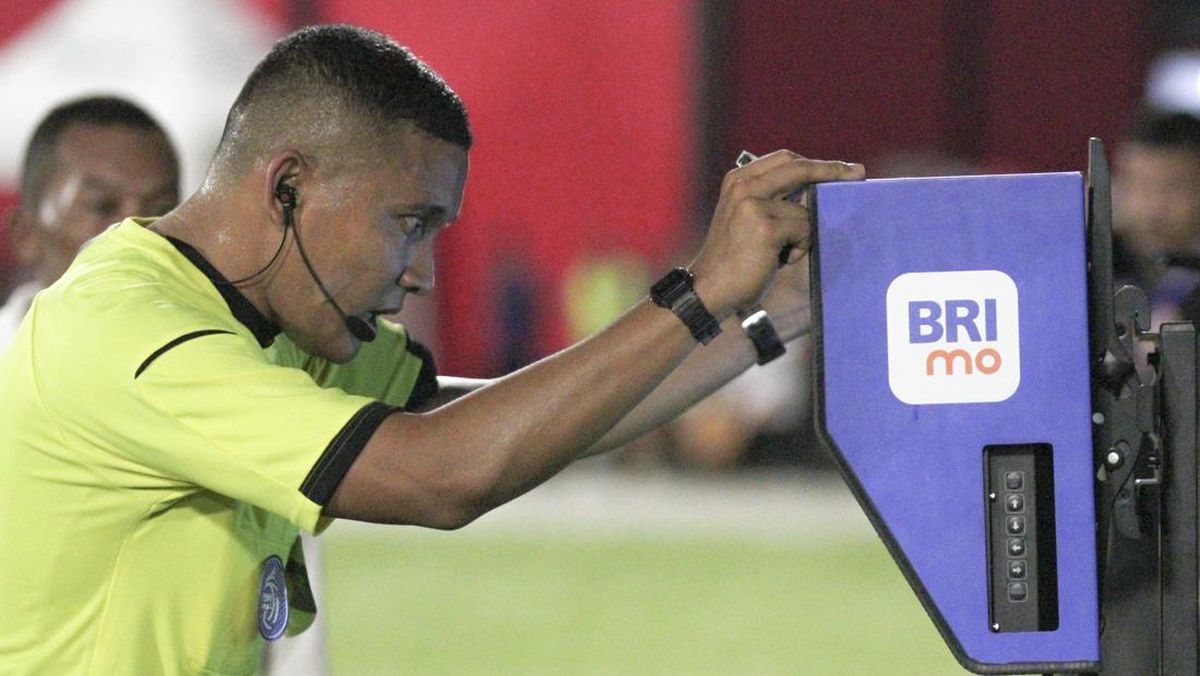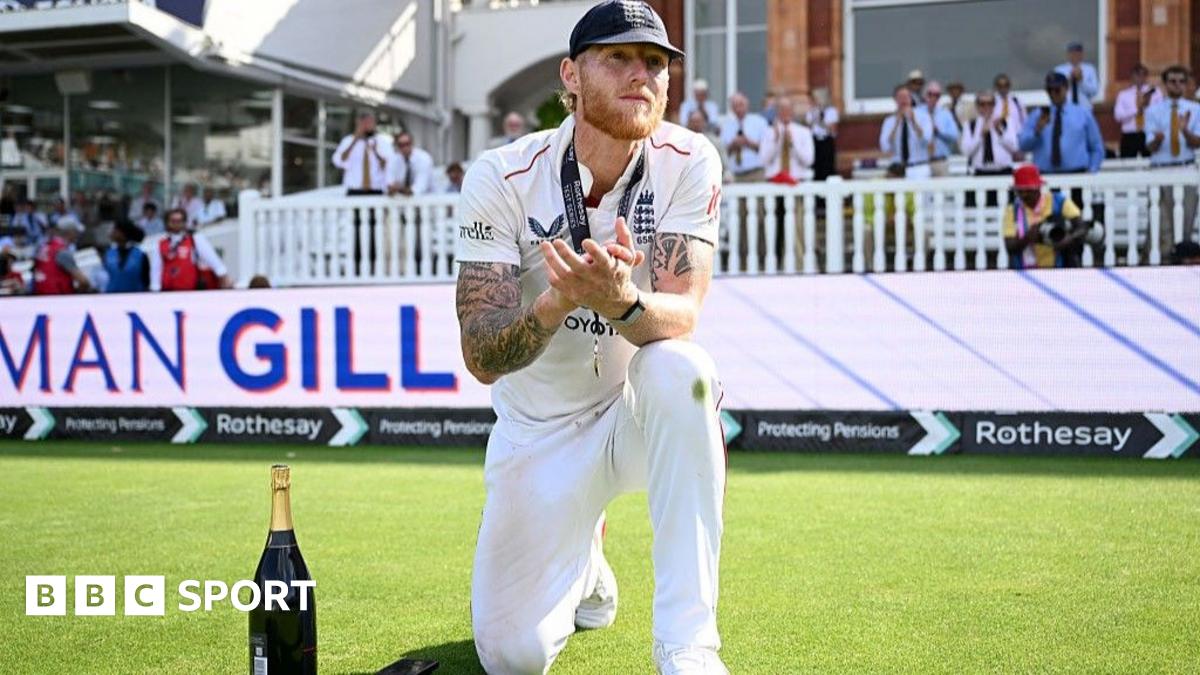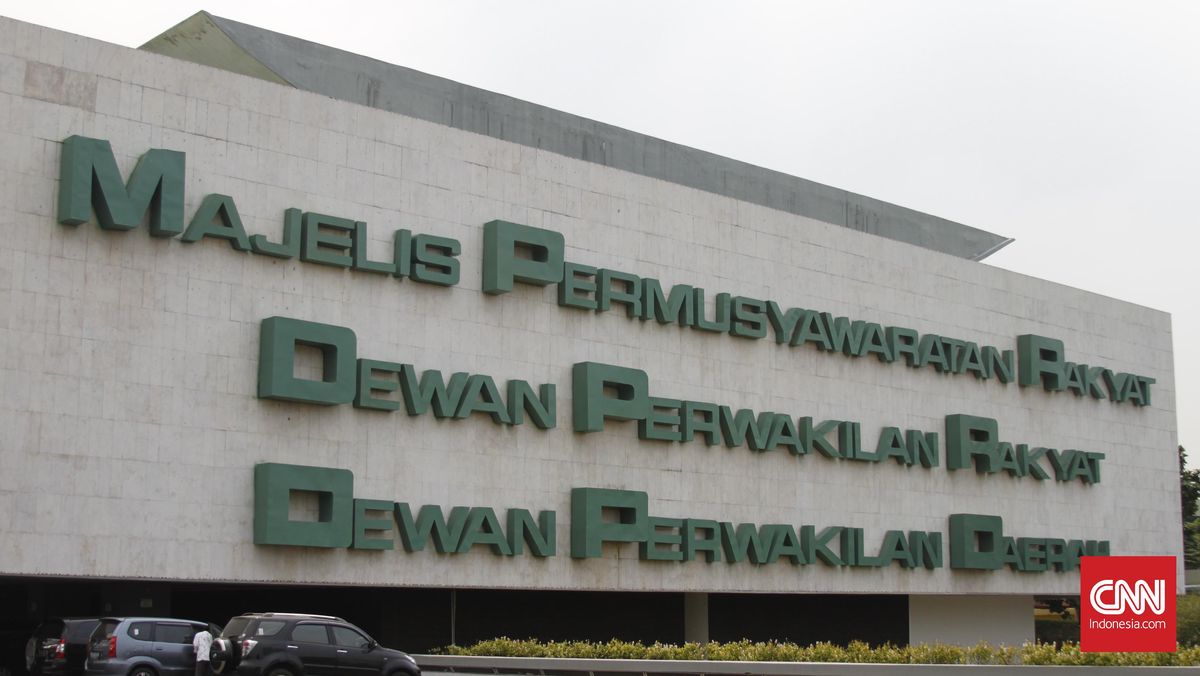My brother was four and I was five the first time the child protection authorities entered our lives, due to our stepfather’s domestic violence. We were taken from our home in a police car to the Allambie Reception Centre for children. My brother was upset, so the police operated the siren for him. It mollified him somewhat, but couldn’t alter the fact that we were being removed from our home by law enforcement to spend an indefinite period in the anonymous “care” of strangers. So the basic emotional experience was fear.
That trip in the police car was the first of many. My brother and I spent more time in Allambie, foster care placements, Robin House (a temporary care facility), more foster care, ad hoc emergency care. Sometimes we were kept together, sometimes not. And my brother always got the short end of the stick. Bullied at home, some of his care placements were outright abusive, and at least one institution he was placed in featured in the Royal Commission into Institutional Responses to Child Sexual Abuse.

The only photo that exists of Jacqueline Wilson as a child. She is pictured aged 16, in 1982, when she was a ward of the state.
Our home life was chaotic, often violent, and marked by chronic housing insecurity, precarious and perennially deficient income, and a learned distrust of authority. Typical of the underclass, we lived an inversion of the working-class aspiration of upward mobility: far from ever “getting ahead”, we slipped ever-further behind. One of my earliest memories is of my mother begging for a food voucher. The uniformed charity worker who passed judgement on her plight held such power over us, I thought the Salvation Army was in charge of Australia. A small child’s view, of course, but one reflecting a very particular perspective: children dependent on charity and stints in state care learn early that they are at the bottom of society.
My brother did a spell in Pentridge Prison. Nothing in our childhood predestined him for a life of crime, but it did set him on a path of desperate, unwise choices. He wasn’t exactly on rails to Pentridge (which I visited again recently – it’s been converted into a housing and dining complex), but prison is another aspect of underclass life that can be hard to avoid. Given that we shared such beginnings, why didn’t I end up in jail? Well, I almost did.
At age 15, I was made a ward of the state, a process involving a magistrate who decided, on the spot, whether your situation warranted consignment to a “youth training centre” such as Winlaton – where you were jailed with juvenile offenders – or whether you could be allowed to look after yourself, under the punitive eye of a caseworker who could still send you there after all, if you displeased them. It was the 1980s, and teenagers were routinely incarcerated without having committed any offence whatever. Simply being poor and vulnerable justified locking you up.
In my case, I was allowed my freedom – which meant I became homeless. Broke and homeless, and threatened with Winlaton if I didn’t miraculously find suitable accommodation and attend school. I managed it, over two years of hustling and flat-out pretending, but it was harrowing – and dangerous. The state had become my legal guardian, but the system was absurdly under-resourced and ineffectually administered, and I was in a dozen ways worse off than I had been at home. Nor was I alone. I had become a member of a group that a Senate inquiry 20 years later would dub the “Forgotten Australians”.
Loading
A series of “redress” schemes for historical institutional abuse are now in place across Australia – fixed-sum compensation for the state’s grossly incompetent neglect of the children it was supposed to be caring for. And official apologies. It only took 40 years.
I received the maximum redress amount offered by the Victorian government – $20,000 – which, to be frank, hardly begins to cover the abyss of despair, wholesale neglect and intractable poverty I endured as a teenager under the supposed care of the state. The only reason I was eligible for redress was that I could prove what happened to me: I obtained my Department of Human Services file through freedom of information, and it confirmed all my claims. My brother would not have qualified, as official record-keeping practices were so haphazard I am told there is no file on him at all.
The redress schemes are largely a result of activism by former wards of the state over decades, during which we have seen the system that traumatised us continue to lurch and bumble and betray new generations of children in out-of-home “care”. Reports abound today showing that despite multiple inquiries, child welfare is in rolling crisis, with children still having excessive involvement with the police, still effectively abandoned by their legal guardian – the state – still homeless, still appallingly vulnerable.

Jacqueline Wilson has a PhD in history and is an Honourary Research Fellow in criminology at the University of Melbourne.
And still on track to end up behind bars.
Young offenders had a statistical tendency to live short lives after prison, and my brother fitted that stereotype: dead of a heroin overdose in a Fitzroy gutter not long after leaving Pentridge. We were routinely told as kids to “go back to the gutter where you belong” and I often think of how bitterly true that turned out to be for my brother.
I spent many years determinedly avoiding such an end, and through a mixture of luck and being peculiarly driven, I now hold a PhD in History and I’m qualified in social work and criminology. That looks like a success story, given my background, but the headwind I faced meant I didn’t start university until I was 35. So my career began late, as did homeownership – which had to happen without the leg-up of the “bank of mum and dad”.
Much research is needed to improve the lot of children in care, and it needs to be informed by the knowledge of those with lived experience. It should be a given that if a child is removed because their home life is terrible, then what they are moved to is better than what they have left behind. The state can and must protect its most vulnerable children, and at least attempt, in good faith, to show them the love and care that for whatever reason they did not receive at home.
Loading
More than 40 years on from the horrors which I survived, but my brother didn’t, the newest generation of children under protective orders is still experiencing an under-resourced, under-manned and effectively negligent system that leaves them at risk of a host of calamitous outcomes. There are many reasons for these failings, but there is no excuse for them at all.
Dr Jacqueline Wilson is a former state ward who has a PhD in history and is an Honorary Principal Research Fellow in Criminology at the University of Melbourne.


















































